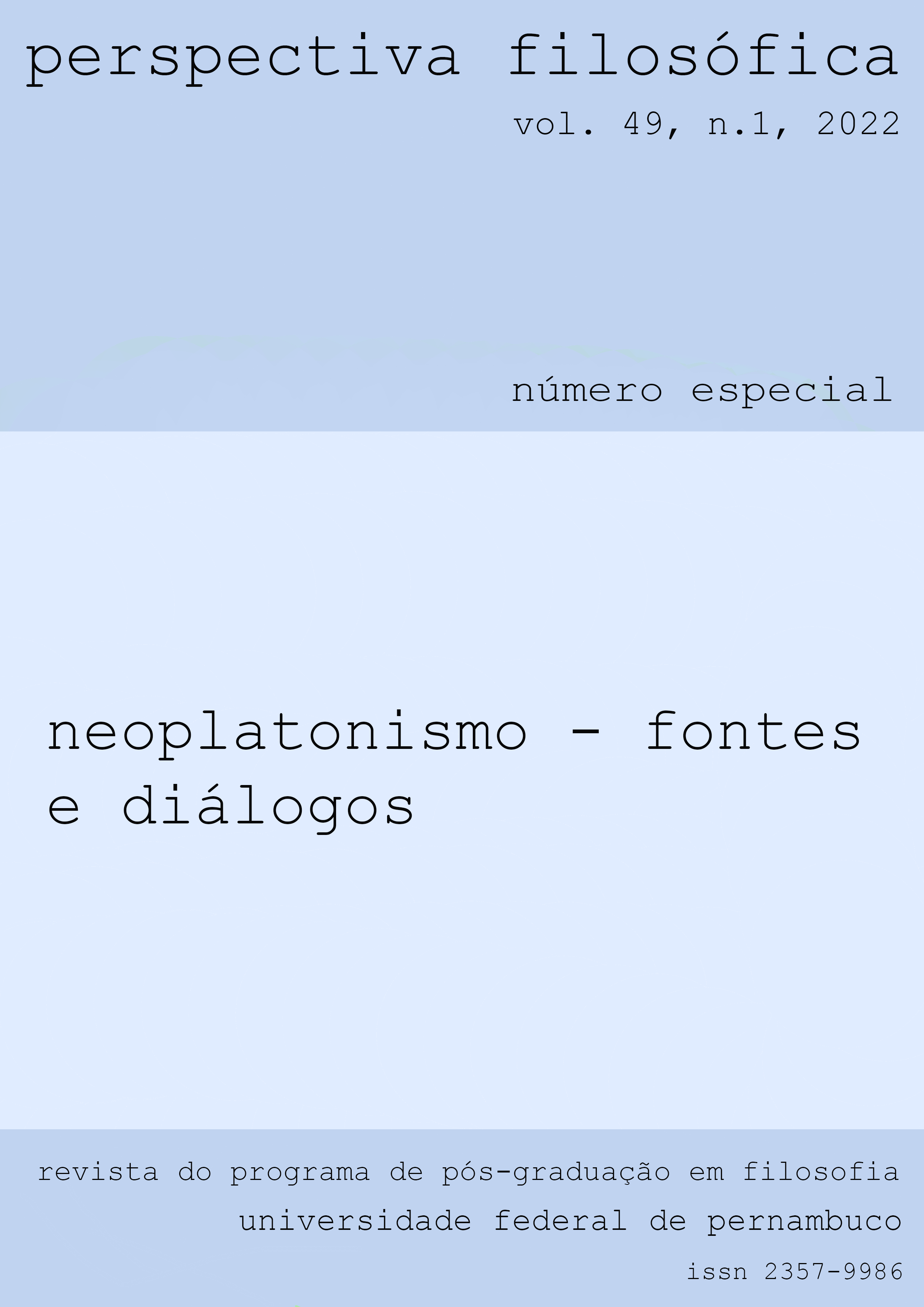Language
Information
Make a Submission
This is an open access journal. This means that all content is freely available to the users or their institution. Users are permitted to read, download, copy, distribute, print, search, and link to the full texts of articles or use them for any other lawful purpose without having to ask permission from publishers or authors.
This journal is updated by the Pro-Rectory of Research and Innovation of the Federal University of Pernambuco (PROPESQI), through the Institutional Support Program for UFPE Journals.
This Journal is licensed under a License Creative Commons Atribuição 4.0 Internacional.
This journal is open access and distributed under the terms of the Creative Commons Atribuição 4.0 Internacional
The Philosophical Perspective is currently indexed by Diretório de políticas editoriais das revistas científicas brasileiras, by Sumário.org (Sumários de Revistas Brasileiras), by Google Scholar, by REDIB, DOAJ, LATINDEX, ERIHPLUS, and Philosopher's.














